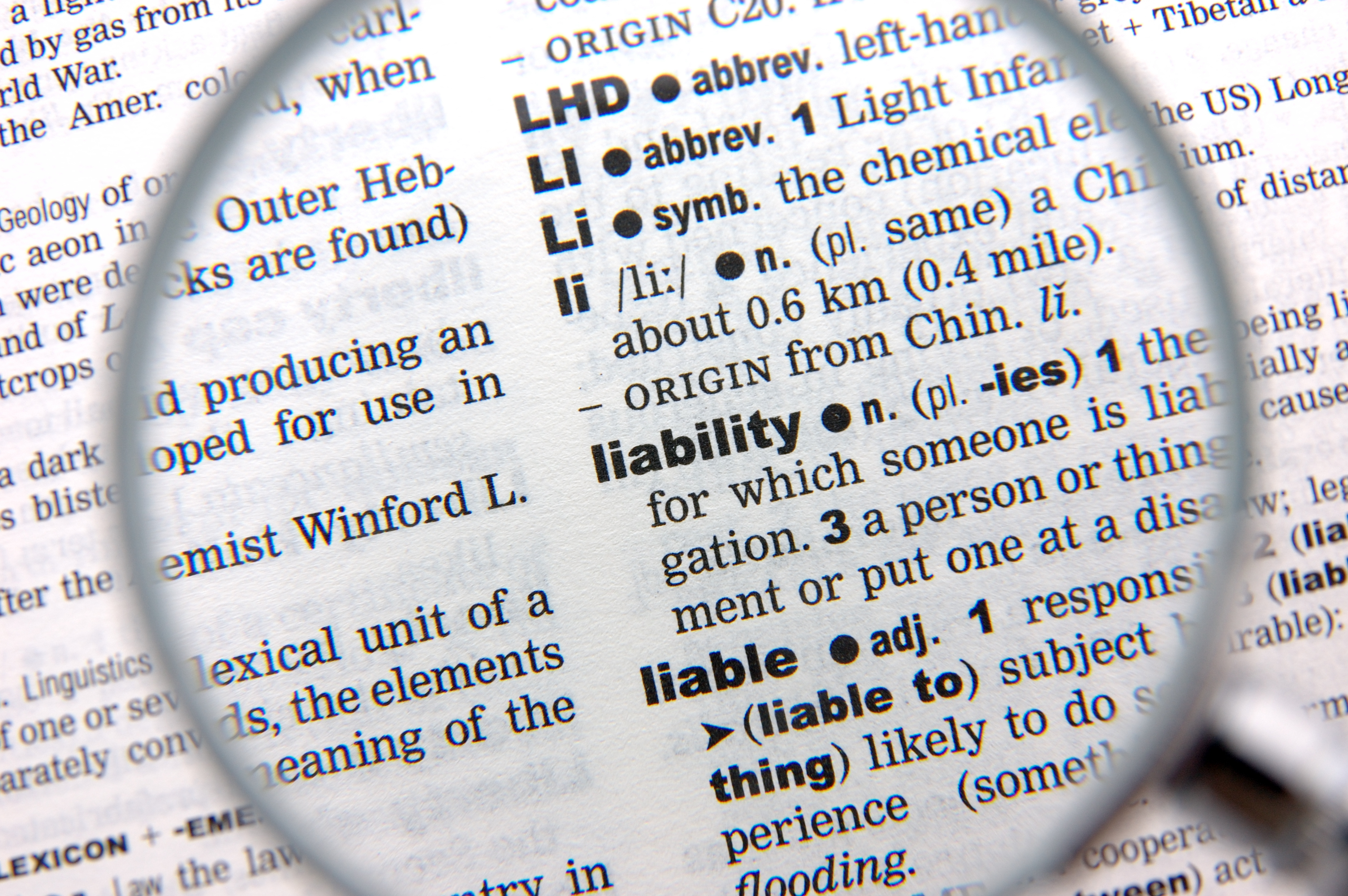
On October 25, 2005, New York’s intermediate appellate court issued a decision of concern to both condominium boards and individual unit owners. Although the decision, on its face, appears to limit the personal liability of unit owners for claims made against the condominium by third parties, it, in fact, poses new and troubling issues regarding the personal liability of condominium board members while not ultimately providing unit owners real protection.
We described the case involved, Pekelnaya v. Allyn, in our March 24, 2004 memorandum. The lawsuit was commenced after a section of chain link fence fell from the rooftop of a condominium building, allegedly causing serious and permanent injuries. The rooftop was designated as a limited common element under the condominium’s declaration. However, in addition to suing the board of managers of the condominium, the plaintiffs also sued each of the eleven unit owners of the condominium individually because they believed that the $2 million in insurance coverage maintained by the board would be insufficient. Arguing that they had no personal liability, the unit owners sought dismissal of the claims against them. The trial court rejected this position and held that the individual unit owners were indeed liable since the members of the board of managers were simply their agents. The Appellate Division for the First Department reversed this ruling and held that, although the members of the board of managers acted as agents, they possessed such a degree of independence that the unit owners were not liable for their actions.
While on the surface the appellate decision may appear favorable to condominiums, it is, in fact, quite troubling. The Appellate Division did not deal directly with the issue of liability of board members, but if the rationale of its decision is extended, it can no longer be assumed that the members of the board of managers have the common law shield against personal liability normally afforded to agents. Aside from insurance then, protections for board members will depend solely on their right to be indemnified by unit owners pursuant to the provisions of the condominium’s declaration and bylaws. The irony is that if such indemnification provisions are invoked, the unit owners will, in effect, be subject to the same personal liability that the Appellate Division purportedly limited.
The Appellate Division’s decision is neither clear nor entirely convincing, and it could be further appealed. It is also likely that the open issues left by the decision will be the subject of further litigation. However, we believe that, in light of the decision, it would be prudent for condominium boards to take the following measures:
First, and foremost, boards should make certain that insurance with adequate limits is in place, protecting both the board of managers and the individual unit owners. No insurance policy covers all claims under all circumstances, but the most comprehensive coverage available should be sought.
Second, boards should review their condominium declarations and bylaws to determine whether they provide for the indemnification of managers by unit owners to the fullest extent permissible.
Third, boards may want to consider incorporating. The incorporation of boards is specifically authorized by §339-v(1)(a) of the New York Real Property Law. Such incorporation would provide meaningful protection for individual board members against personal liability in their board capacities.
In addition to the foregoing, individual unit owners who remain concerned about their personal liability may want to consult with their advisors regarding whether they should transfer title to their units to limited liability entities.
If you have questions, we would be pleased to discuss your specific circumstances.
This memorandum was initially issued by the cooperative/condominium practice group of Balber Pickard Maldonado & Van Der Tuin, PC which joined Smith, Gambrell & Russell, LLP on February 1, 2017 and now practices as part of SGR’s cooperative/condominium practice group.

